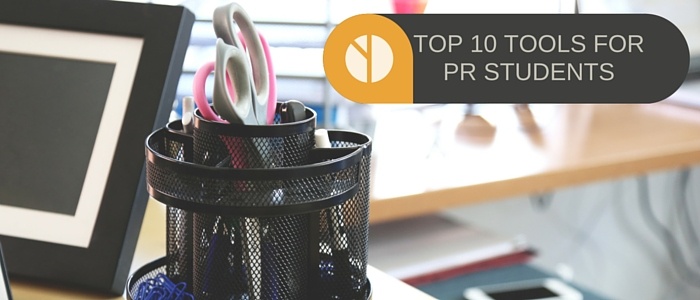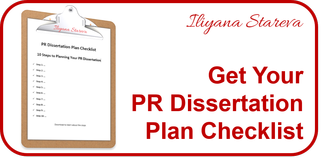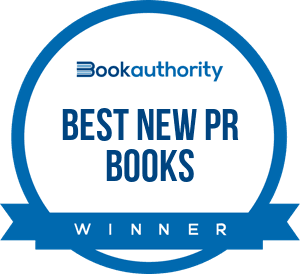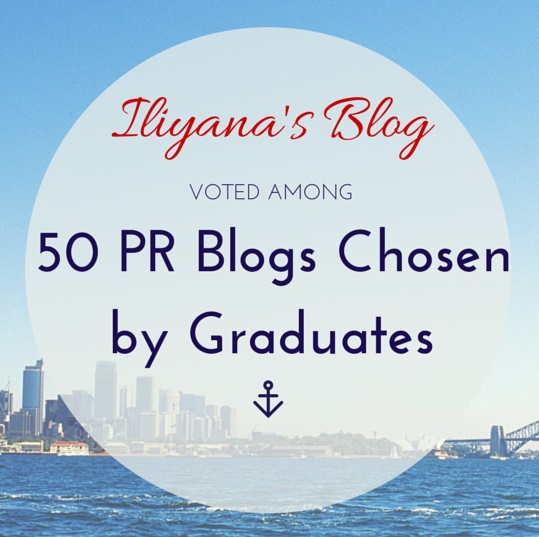
Dear PR students, how many of you are starting to work on your PR dissertations?
I'm guessing quite a few.
By now, many of you should have at least started planning the synopsis (i.e. topic, objectives, research methods and literature) and thinking abount the actual execution (i.e. doing the research and then the writing). I thought it would be a good time to share with you some useful tools to help you throughout that process.
In fact, the below tools are super helpful for any student or professional as they can be easily adopted into one’s daily life to improve planning, writing, productivity and creativity.
The list is not rank-based but aligned with the actual process a student goes through – from initial activities such as planning and research through to putting findings together and doing the actual writing.
Hope the tools help!
Top 10 Online Tools to Help with Your PR Dissertation:
#1. Wunderlist
Researching and writing a dissertation is a huge piece of work that requires a lot of planning. Wunderlist helps you put all those to-dos in one place, giving you reminders, you tick of finished work and set due dates, you can put comments, group things, add notes. Basically, it’s your project management tool across all your devices.
#2. Evernote
Once you have your plan ready, you will then need to start doing the research. That involves a lot of reading and taking notes. I recommend using Evenote for that – both a desktop and an online version so you sync everything, you can organise it and you can search for stuff in there. That can save you a lot of time within the huge mass of things you’ll have written down here and there that you’ll then need to put logically together in one big, flowy document.
#3. Google Scholar
University libraries are often packed and it’s hard to find the literature you exactly need. They don’t function like Google, so that’s why Google Scholar is your time saviour. You can search for so many academic articles there that will help you with your secondary research (or literature review) and data collection as well as search for references.
#4. Keyhole
When you’re writing a dissertation, you’re inevitably going to do primary research as well, whether surveys or interviews. Sometimes, however, it’s hard to find people to fill out your questionnaires or participate in interviews with you, especially if you don’t have a big network in that industry. Use Keyhole to find such influencers, get to know them and reach out to them in a targeted, relevant manner based on hashtags or popular topics they talk about.
#5. Canva
I love Canva! I design all my blog images with it (and not only). Since visual communication is becoming so important, use Canva to visualise the results of your research. I created infographics for both of my dissertations (here and here). Canva allows to do that, but you can also play around with it to easily design covers or presentations, all super professionally looking.
#6. Raw
Speaking about research and visual comms, Raw is a great online app to use for presenting your research findings and putting them in some awesome graphs that will definitely stand out. We know Excel is hard for that and it’s not that visually pleasant, so check out Raw.
#7. Grammarly
Really cool editor that tracks all your weekly writing activities (including email) and is like the live quick version of the Hemingway app showing you mistakes and fixes as you write. It then sends you a weekly report via email about how many words you’ve written, how many mistakes you’ve made, how unique your vocabulary was. I haven’t tried the paid version yet, but I’m sure it’s powerful.
#8. Hemingway
I spoke about it in the previous paragraph, so we gotta include Hemingway here too. It basically makes your writing better and smarter by breaking down long or complex sentences and giving you suggestions what to improve to make your writing clearer.
#9. Freedom
When you start writing, it’s key that you stay focused in order to get it done. In our world of so many distractions and digital things to do like Facebook, Twitter, Pinterest etc, it’s hard to stay productive all the time. Freedom helps you escape all those distractions.
#10. Headspace
Feeling tired of all that research and writing? Need a break? Then it’s time to get some head space and escape the dissertation world for a bit to let your brain and mind recharge. Headspace is a really cool app with guided mindfulness and meditation that helps with that.
Which is your favourite online tool?
Need help to plan your PR dissertation? Check out this free plan checklist!







